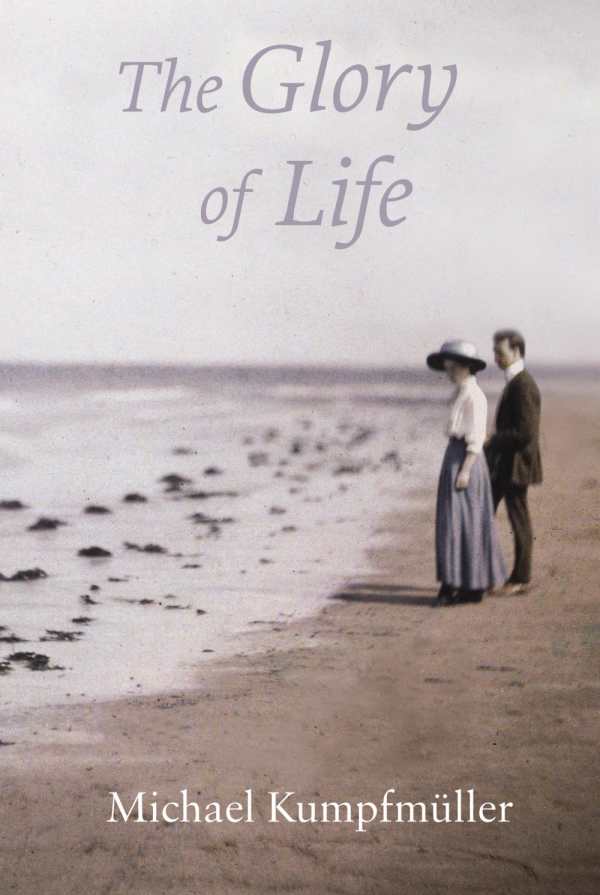The Glory of Life
In July of 1923, Franz Kafka, forty years old, is ill with tuberculosis and convalescing near the Baltic Sea, when he meets twenty-five-year-old Dora Diamant, a remarkable woman fifteen years his junior who seems to him the essence of all that is young, alive, and wonderful. The Glory of Life is Michael Kumpfmüller’s fictional recounting of the brief but intense love affair that, during the last year of Kafka’s life, shielded him from the tumult of a post-World War I Germany wracked by political unrest, economic devastation, anti-Semitism, and the rise of Nazism. Their love might also have proved to be a boon for literature, for Diamant did not honor the author’s request to destroy his work after his death. But sadly, the twenty notebooks and thirty-five letters from him that she took with her to Berlin after his passing were confiscated by the Gestapo in 1933 and have never been found.
This beautifully written, meticulously researched, and sensitively translated work reveals love’s ability to carve out a small, simple paradise—a shelter from mounting chaos and a respite, however temporary it might be, from the unrelenting approach of death.
Berlin-based Michael Kumpfmüller is an acclaimed novelist and journalist. Anthea Bell’s translations of German classic and modern fiction include works by Franz Kafka, E. T. A. Hoffmann, and Stefan Zweig.
Reviewed by
Kristine Morris
Disclosure: This article is not an endorsement, but a review. The publisher of this book provided free copies of the book to have their book reviewed by a professional reviewer. No fee was paid by the publisher for this review. Foreword Reviews only recommends books that we love. Foreword Magazine, Inc. is disclosing this in accordance with the Federal Trade Commission’s 16 CFR, Part 255.

